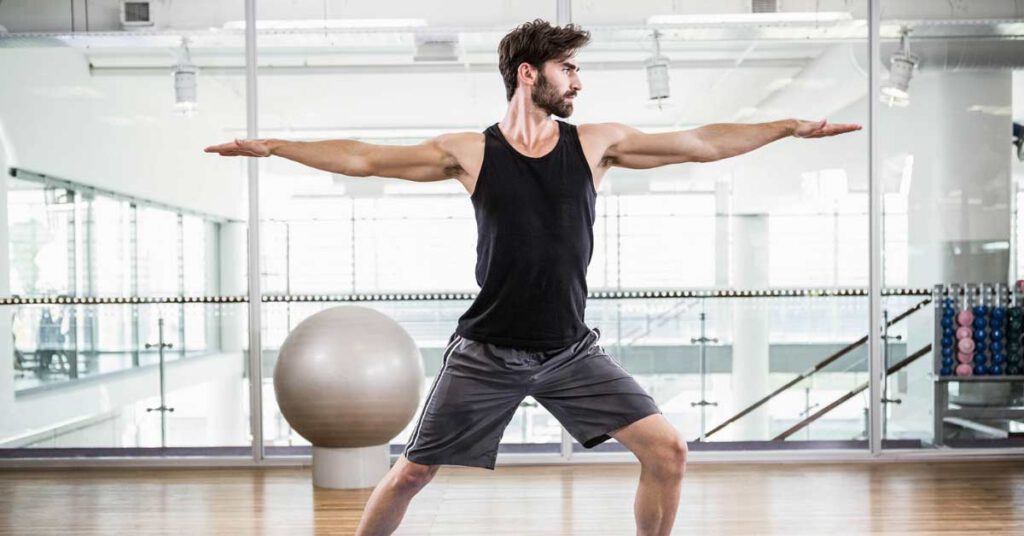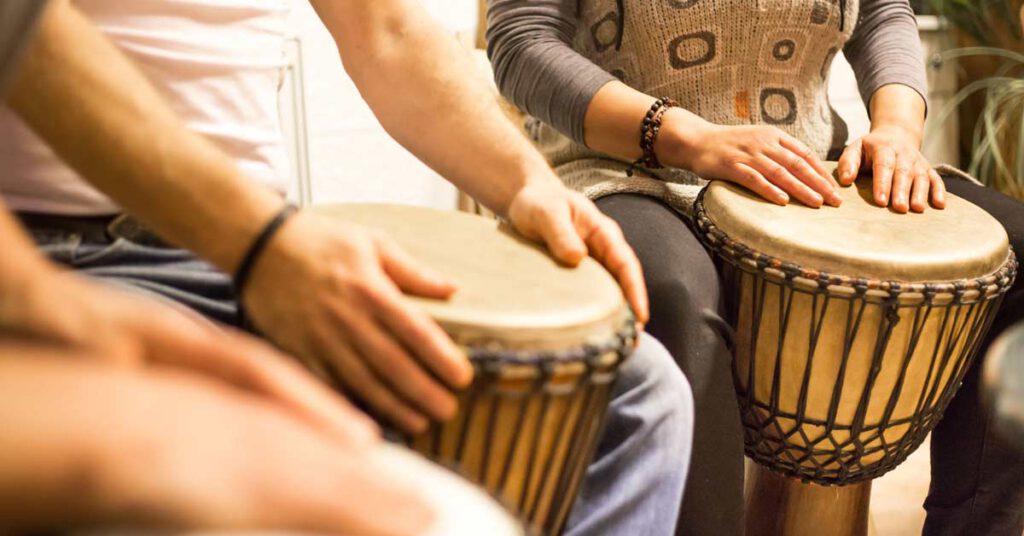(844) 909 2560
Available 24x7, Toll-Free
Addiction is not just a physical dependence on drugs or alcohol, and it's a complex disease that affects a person's mind, body, and spirit. Traditional therapies, such as individual counseling and group therapy, can effectively address addiction's emotional and psychological aspects. However, holistic therapy takes a more comprehensive approach to recovery, treating the person as a whole rather than just their addiction. Holistic therapy involves addressing the underlying issues and imbalances that may have contributed to the addiction in the first place. This includes examining a person's mental health, diet, exercise habits, and spiritual practices.
Holistic therapy promotes overall wellness and balance in a person's life. It works to heal the root causes of substance abuse rather than just treating the symptoms. In addiction recovery, this type of therapy can be an essential component of a comprehensive treatment plan. It can help individuals learn how to manage stress, anxiety, and depression healthily and develop skills to cope with triggers and cravings. Holistic therapy can also promote self-care and self-awareness, which are crucial to maintaining long-term recovery.
A variety of alternative therapies and mind-body practices can be used in holistic therapy. Examples include yoga, meditation, massage therapy, acupuncture, and aromatherapy. These therapies can help individuals manage physical symptoms of withdrawal, reduce stress, and improve their overall mental and physical health. Many of these therapies effectively reduce anxiety, depression, and other mental health disorders commonly associated with addiction.
Mindfulness meditation is a form of meditation that focuses on the present moment and helps individuals develop awareness and acceptance of their thoughts and feelings without judgment. This therapy effectively reduces stress, anxiety, and depression, often associated with substance abuse.
 Yoga originated in ancient India as a physical, mental, and spiritual practice. It involves the practice of physical postures, breathing exercises, and meditation. In addiction recovery, yoga has been shown to help individuals manage stress, reduce anxiety and depression, improve sleep quality, and increase feelings of well-being.
Yoga originated in ancient India as a physical, mental, and spiritual practice. It involves the practice of physical postures, breathing exercises, and meditation. In addiction recovery, yoga has been shown to help individuals manage stress, reduce anxiety and depression, improve sleep quality, and increase feelings of well-being.
Acupuncture is a form of Chinese medicine that involves the insertion of thin needles into specific body points. It is effective in treating a variety of conditions, including addiction. Acupuncture is believed to work by stimulating the release of endorphins, the body's natural painkillers, which can help reduce cravings for drugs or alcohol.
Art therapy is a form of therapy that uses the creative process of making art to help individuals express themselves and explore their emotions. It effectively reduces stress and anxiety, improves self-esteem, and promotes self-awareness. Art therapy can help individuals identify and express their emotions in addiction recovery, which can be a powerful tool in managing triggers and preventing relapse.
 Music therapy is a form of therapy that uses music to help individuals improve their physical, emotional, and cognitive health. It effectively reduces stress and anxiety, improves mood, and promotes relaxation. In addiction recovery, music therapy can help individuals manage their emotions, reduce cravings, and improve their overall well-being.
Music therapy is a form of therapy that uses music to help individuals improve their physical, emotional, and cognitive health. It effectively reduces stress and anxiety, improves mood, and promotes relaxation. In addiction recovery, music therapy can help individuals manage their emotions, reduce cravings, and improve their overall well-being.
Massage therapy is a form of therapy that involves the manipulation of the soft tissues of the body, including the muscles, tendons, and ligaments. It effectively reduces stress and anxiety, promotes relaxation, and improves sleep quality. In addiction recovery, massage therapy can help individuals manage their stress and anxiety, which can be major triggers for relapse.
Equine therapy is a form of therapy that involves working with horses to help individuals improve their physical, emotional, and mental health. It effectively reduces stress and anxiety, improves self-esteem, and promotes self-awareness. In addiction recovery, equine therapy can help individuals develop trust, empathy, and communication skills, which can be important tools in managing triggers and preventing relapse.
Biofeedback therapy is a form of therapy that uses electronic devices to help individuals learn to control their bodily functions, such as heart rate and breathing. It effectively reduces stress and anxiety, improves sleep quality, and promotes relaxation. In addiction recovery, biofeedback therapy can help individuals learn to manage their physical responses to stress and anxiety, which can be major triggers for relapse.
Aromatherapy is a therapy that uses essential oils to promote physical and emotional well-being. It effectively reduces stress and anxiety, improves sleep quality, and promotes relaxation. In addiction recovery, aromatherapy can help individuals manage their stress and anxiety.
EMDR is a form of therapy that can be particularly useful in treating trauma-related addiction. It involves bilateral stimulation, such as eye movements or tapping, while the person recalls traumatic memories. This can help desensitize them to the memories and reduce their power over the individual's thoughts and emotions. EMDR can help individuals process past experiences and reduce the likelihood of turning to substances to cope with unresolved trauma.

In summary, holistic therapy is an essential component of addiction treatment that addresses the whole person, not just their addiction. It promotes overall wellness and balance and can help individuals heal the root causes of substance abuse. Holistic therapy is an effective way to help individuals maintain long-term recovery by addressing the physical, emotional, and spiritual aspects of their lives. At Meta, we understand the importance of holistic therapy in addiction recovery and offer a range of holistic treatments as part of our comprehensive treatment plans. Call us today at (978)776-3206 to learn more about our holistic approach to addiction treatment.
 If you or someone you know is struggling with substance misuse disorder, Meta in Massachusetts is here to help. Our experienced and compassionate team provides personalized, evidence-based treatment programs to help you achieve lasting recovery. Contact us today at (978)776-3206 to take the first step towards a healthier, happier life. Let us help you see the whole of you and support you on your journey to wellness.
If you or someone you know is struggling with substance misuse disorder, Meta in Massachusetts is here to help. Our experienced and compassionate team provides personalized, evidence-based treatment programs to help you achieve lasting recovery. Contact us today at (978)776-3206 to take the first step towards a healthier, happier life. Let us help you see the whole of you and support you on your journey to wellness.